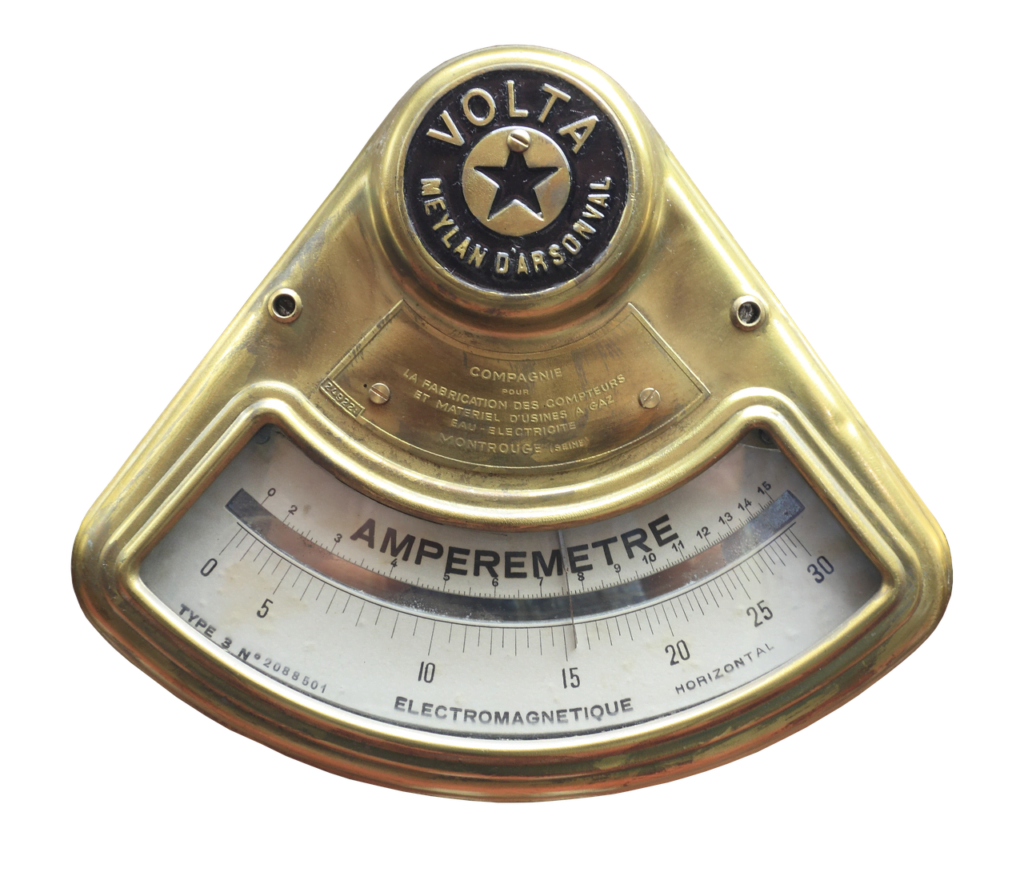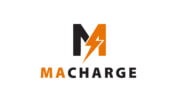
If you own an electric vehicle (EV), you may be wondering about the different types of charging stations available. And the amp car charger choices ! With all the options available for electric vehicle charging stations, we know it can be overwhelming to figure out which one is right for you. An important consideration you’ll need to make is choosing the amperage of the car charger. This will either be factory set or set by your EV installer. While the difference in power output may seem small, it can make a big difference in how quickly your EV charges.
Consider the faster the charge, the more you’ll pay for installation because of the electrical material required. In this article, we’ll take a closer look at the difference between 16-amp, 24-amp, 32-amp, 40 amp and 48-amp chargers. We hope the information will help you decide which one is the best fit for your needs.
Understanding the Basics of EV Charging Stations
First, it’s important to understand the basics of EV charging stations. There are three main types of charging stations: Level 1, Level 2, and DC Fast Charging.
Level 1 charging stations use a standard 120-volt household outlet and will take a long time to charge your electrical vehicle. Usually around the 24-hour mark to fully charge an EV.
Level 2 charging stations use a 240-volt outlet and can provide around 50 kilometers of range per hour of charging.
DC Fast Charging stations provide the fastest charging speeds and can provide up to 80% of an EV’s battery capacity in as little as 30 minutes.
16-amp, 24-amp, 32-amp, 40 amp and 48-amp EV Chargers
One of the primary differences between a 16-amp and 48- amp EV charger is the charging speed. A 16-amp car charger can provide up to 3.6 kW of power, while a 48-amp charger can provide 11 kW of power. This means that a 32-amp charger can potentially charge an electric vehicle twice as fast as a 16-amp charger.
However, the actual charging speed will depend on the vehicle’s onboard charger and how much power it can accept. This is SUPER IMPORTANT and too often not considered. For example, a Nissan Leaf with a 3.6 kW onboard charger will charge at the same rate whether it’s connected to a 16 amp or 32-amp charger. On the other hand, a Tesla Model S with an 11.5 kW onboard charger will charge much faster when connected to a 48-amp charger.
Charger Cost and Electrical Upgrade
Another factor to consider when choosing between a 16 amp and 48-amp EV charger is the cost. A 48-amp charger will typically be more expensive than a 16-amp charger due to the higher power output and more advanced features. However, the difference in cost may be worth it for those who need to charge their EV quickly.
It’s also important to consider the electrical system of your home or business when deciding between a 16 amp and 48-amp charger. A higher amperage may require upgrades to your electrical system such as DCC box. This can add to the cost of installation, so it’s important to factor this into your decision-making process.
Commute
Ultimately, the decision between a 16 amp and 48-amp car charger will depend on your specific needs and usage habits. If you have a longer commute or frequently need to charge your EV quickly, a 48-amp charger may be the better option. This only applies if your vehicle’s onboard charger allows it. However, if you only need to charge your EV overnight or have a shorter commute, a 16-amp charger may be sufficient. My experience and calculation show that 90% plus of drivers will be fine with a 16-amp charger
It’s also worth noting that some EV charging stations offer adjustable power output, allowing you to switch between 16 amp and 48 amp charging modes depending on your needs. This can be a convenient option for those who want the flexibility to adjust their charging speed as needed.
Factors to Consider When Choosing an EV Charger
When choosing an EV charger, there are several factors to consider, including:
Charge Rate: As mentioned, it’s important to choose a charger that is compatible with your EV’s maximum charge rate. This will ensure that you are charging your vehicle as quickly and efficiently as possible.
Power Output: The power output of an EV charger is measured in kilowatts (kW). A higher power output means a faster charging speed, but also a higher cost. It’s important to choose a charger with a power output that is appropriate for your needs and budget.
Installation: Installing an EV charger requires the services of a licensed electrician, so it’s important to choose a charger that is easy to install and compatible with your home’s electrical system.
Brand and Warranty: There are many different brands of EV chargers available, each with their own features and warranties. It’s important to choose a reputable brand with a strong warranty to ensure that you are getting a quality product that will last.
When it comes to choosing between amperage of EV chargers, the decision ultimately depends on your specific needs. If you have a longer commute and need to charge your EV quickly, a 48-amp charger may be the better option. It’s important to note that before installing an EV charging station, you will need to have a licensed electrician assess your home’s electrical system to ensure that it can handle the additional power demands. Additionally, it’s a good idea to research local EV installers and electricians to find a qualified professional to handle the installation.
